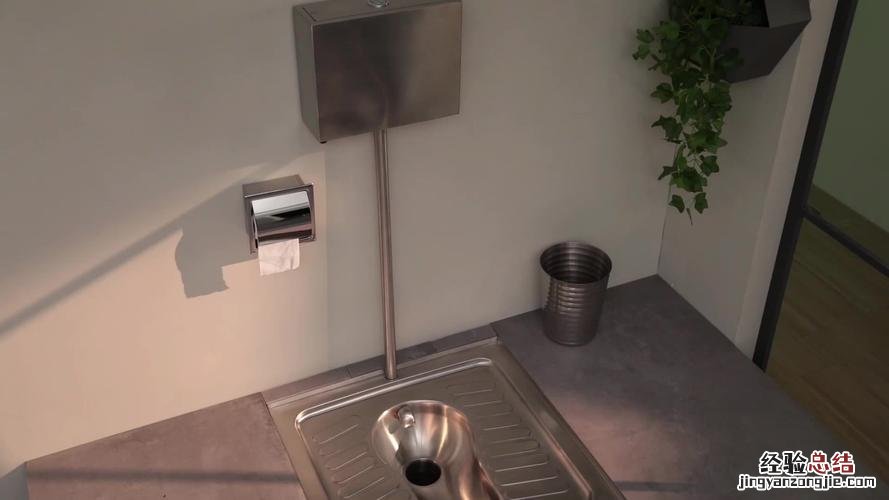
Toilet is a sanitary fixture used for disposing of bodily waste. It typically consists of a bowl and a pan connected to a sewer system. This essential household item is commonly found in bathrooms and public restrooms.
Toilets play a crucial role in maintaining proper hygiene and sanitation. They allow for the safe and efficient disposal of human waste, preventing the spread of diseases and keeping our living spaces clean. Toilets are designed to effectively flush away waste, using water or a combination of water and air pressure.
There are various types of toilets available, including gravity-flush toilets, pressure-assisted toilets, and composting toilets. Gravity-flush toilets rely on the force of gravity to remove waste, while pressure-assisted toilets use air pressure to create a powerful flush. Composting toilets, on the other hand, convert waste into compost through a natural decomposition process.
In recent years, there has been a growing concern about water conservation and environmental sustainability. Many modern toilets now feature dual-flush mechanisms, allowing users to choose between a full flush and a reduced flush, which saves water. Additionally, some toilets are designed to use less water per flush, minimizing the overall water consumption.
Regular maintenance and proper usage of toilets are essential to ensure their optimal functionality and longevity. It is important to avoid flushing non-biodegradable items such as sanitary napkins, wipes, or plastic materials, as these can clog the plumbing system. Routine cleaning and disinfection also help maintain a hygienic environment.
【toilet什么意思】Overall, toilets play a fundamental role in maintaining public health and cleanliness. They have evolved over time with advancements in technology and a growing focus on sustainability. Their proper usage and maintenance are crucial for ensuring efficient waste disposal and promoting a healthy living environment for all.












